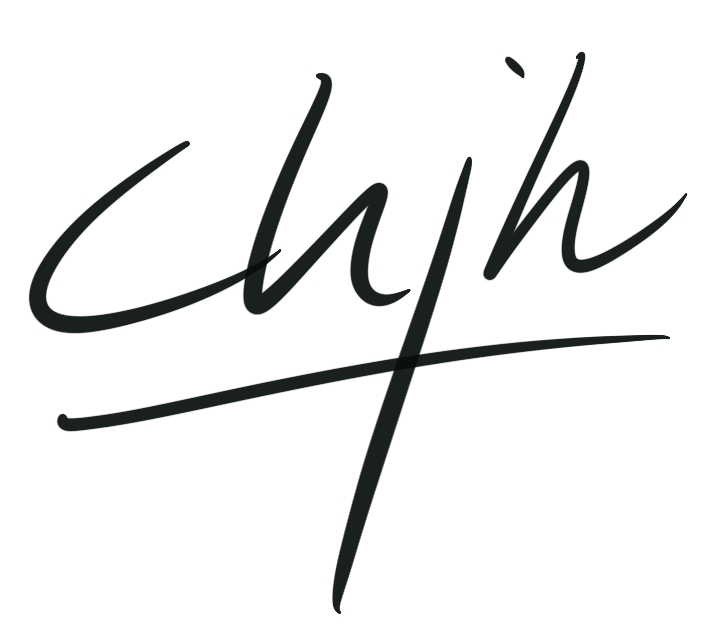Copyright and Licenses in Open Access Publishing

This is a cross-post from Medium.
tl;dr copyright restricts knowledge sharing and by extension production; the author can decide to empower knowledge sharing and production with specific Creative Commons licenses (i.e., only CC 0 or CC BY)
If you came here purely for a clarification of Creative Commons licenses in open access publishing scroll to the “Creative Commons” section below
Before we start this blog, I want to ask you a question: Do you want knowledge to be shared freely and widely or do you want knowledge to be controlled and potentially censored?
If you answered that you want it to be controlled and potentially censored, you can stop reading. Feel free to read on anyway, but my intended audience is those who want knowledge to be shared and built upon by others. We do not learn or solve problems in isolation, we do it together.
Copyright is a way of controlling how knowledge is shared. The rightsholder has this power, but can also relinquish it. Scholars, as the creators of scholarly papers, own copyright immediately when they write their manuscripts and therefore have a decision to make: Do they want knowledge to be controlled or shared freely?
If you are a scholar, I ask you to take this question to heart because what you decide matters. When you publish in a closed access journal, you relinquish the power to a publisher or make it their exclusive product. Publishers’ business model then leads them to restrict sharing and production of knowledge by restricting access. They demand egregious amounts of money (you pay more per page than most books) and they can make decisions about how your work is available now and in the future (potentially resulting in unavailability due to censorship or extended server outages). If knowledge flows freely and widely it is much harder to make it go away. Read more about why you should care about copyright here.
When publishing open access, you do not relinquish your copyright to a publisher, you retain it [1]. You, the author are and remain the rightsholder. You get to make the decisions on how others may share. With open access publishing, you are typically limited to Creative Commons licenses, which are permissive instead of restrictive. This is progress!
Creative Commons
There still is much confusion about Creative Commons licenses in open access publishing. CC 0, CC BY, CC BY-NC, CC BY-SA, CC BY-ND, CC BY-NC-ND, or CC BY-NC-SA. To capture the understandable confusion: CC WTF [2].
To simplify the idea behind these licenses, let’s talk about these differently: they grant the rightsholder (you) the limited legal tools to control knowledge sharing and reuse. The above licenses range from no legal tools (CC 0) through three sets of legal tools (e.g., CC BY-NC-SA).
So before asking what the licenses are, you should ask yourself: Am I willing to wield any legal tools in court if push comes to shove? If not, CC 0 should be your preferred choice because it grants no legal tools (this is why this is my preferred option). If you do choose another option, you might scare reuse by others because you’re equipping these tools. Often CC 0 might not be provided as a default option (but asking often helps! [3]), so choosing CC BY is the next best option.
However, if you are willing wield these legal tools in court, ask yourself the following: which of these tools restrict who might use your content?
CC BY requires the person [4] who redistributes or reuses (parts of) your work to be legally required to refer back to you (not to be confused with professional citation standards, something wholly different altogether). This does not restrict the potential users of your content because everyone is able to refer back to the original (which is why this is the next best option after CC 0). As such, we call this a free culture license!
CC BY-NC requires the person to refer back to you and not use the content in a commercial manner (i.e., NC = non-commercial). This excludes a set of potential users and therefore restricts knowledge flow in commercial settings. This is not a free culture license because it is only free in a restricted manner (which seems contradictory, doesn’t it?). Arguing that free in non-commercial settings is free for everyone is like arguing that treating all white people equally is equality for all: it simply makes no sense because it refers to subgroups.
CC BY-SA requires the person to refer back to you and to license any works that are reuse the content the same license. This forces the content to stay open (which I encourage), but restricts the content by discouraging reuse in sectors that might not be open for good reasons. Technically this is a free culture license, but it might still discourage people who do not want to work open to reuse. This is a tough decision, but up to you.
CC BY-ND requires the person to refer back to you and only make direct copies, instead of remixing it into a new creative work. This is not a free culture license, because you’re prohibiting reuse! Nobody can reuse your work and put it in a compilation, use one of your figures in a collage for their show-and-tell, etc.
All other licenses are combinations of these four different legal tools [5]. If you chose to publish open access, you’re already making a good decision. But the license matters — most of the time using a restrictive license will result in your publication being considered not open, despite you wanting to make it open. So take some time to decide which license, where the true open licenses are only CC 0, CC BY, and CC BY-SA. All other options, no matter what publishers tell you, is a truly open license for scholarly publishing. When in doubt, feel free to reach out to me and I will try to help you out.
[1] Green open access is a form of restrictive licensing, where the author gets to redistribute their original work (in a limited manner) and by the grace of the publisher who still owns the copyright.
[2] Thanks Nicole Allen (@txtbks). Disclaimer: this is not a real license :-)
[3] I’ve requested CC 0 several times and have never received a “no we don’t do this” and a “we will have to change our system, are you willing to wait?” once.
[4] Where I say person this can of course also be taken as organization or other collective.
[5] Note that Non-Derivatives and Share-Alike cannot go together, because Share-Alike requires a derivate to be made.

Comments ()